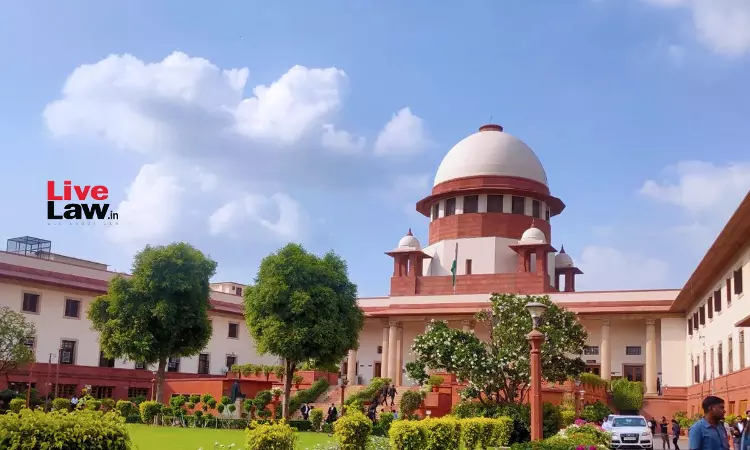Supreme Court Tags Petition Challenging Criminalisation Of Triple Talaq With Pending Petitions
Anmol Kaur Bawa
16 Feb 2024 2:27 PM IST

Next Story
16 Feb 2024 2:27 PM IST
The Supreme Court on Friday tagged a fresh petition challenging the criminalisation of Triple Talaq along with the petitions already pending before the Court on the same issue.The lawyer appearing for the petitioner contended that the provisions for punishment of a Muslim husband conducting triple talaq were "anti-men and violative of their rights."The CJI asked the advocate appearing how...
